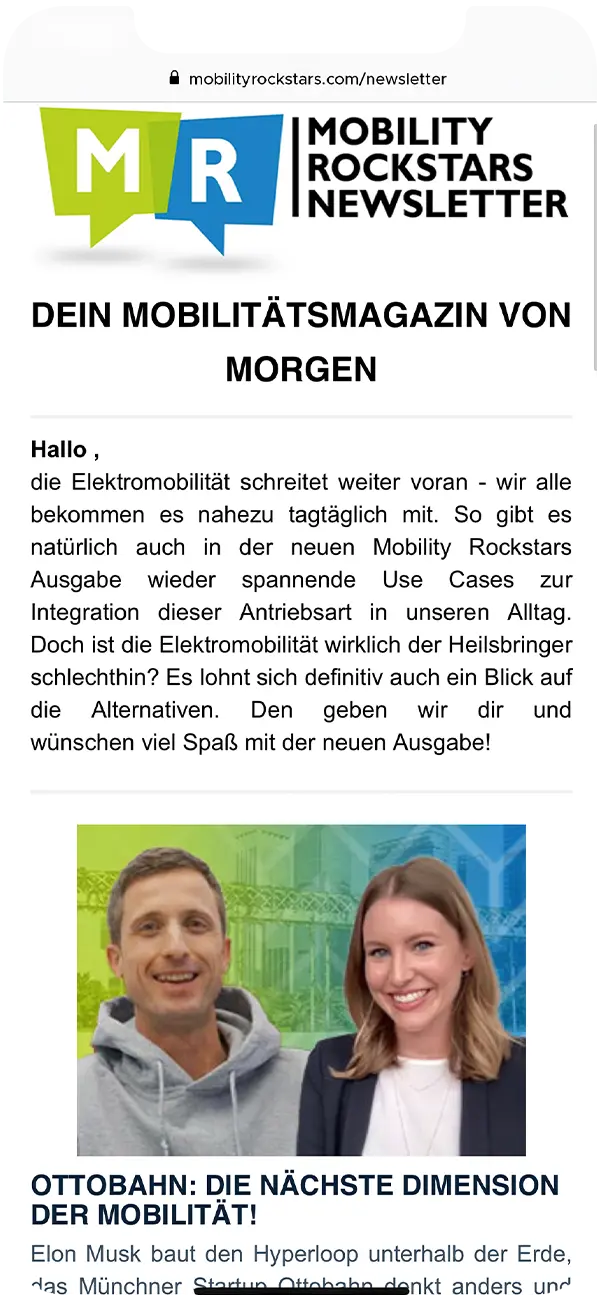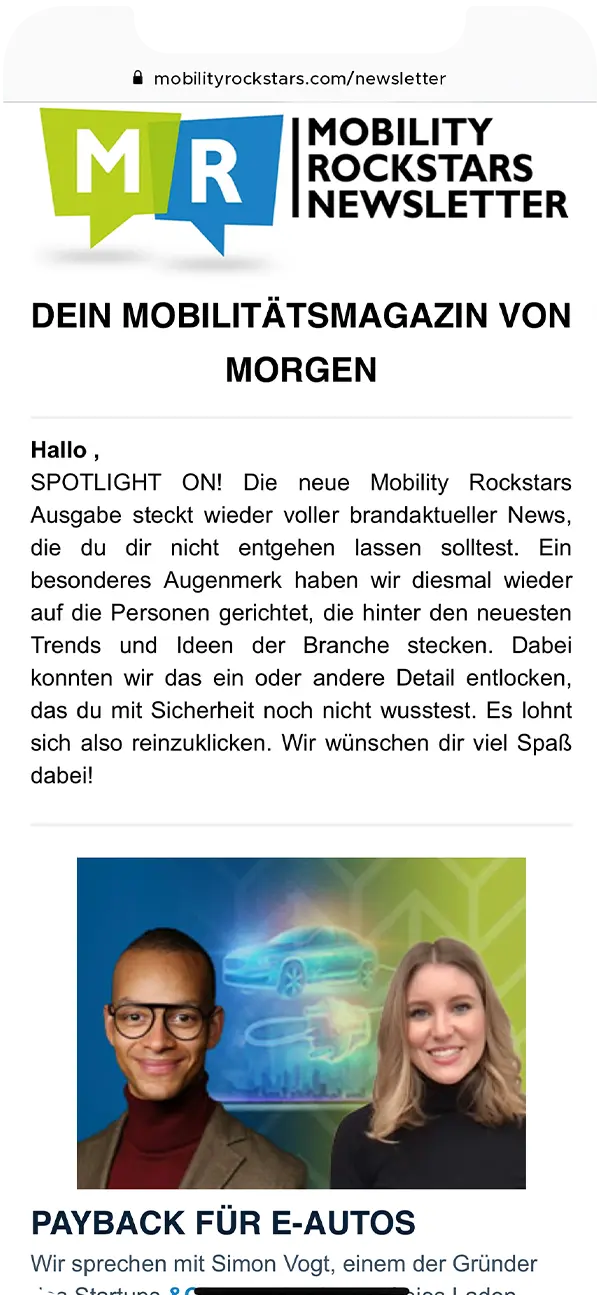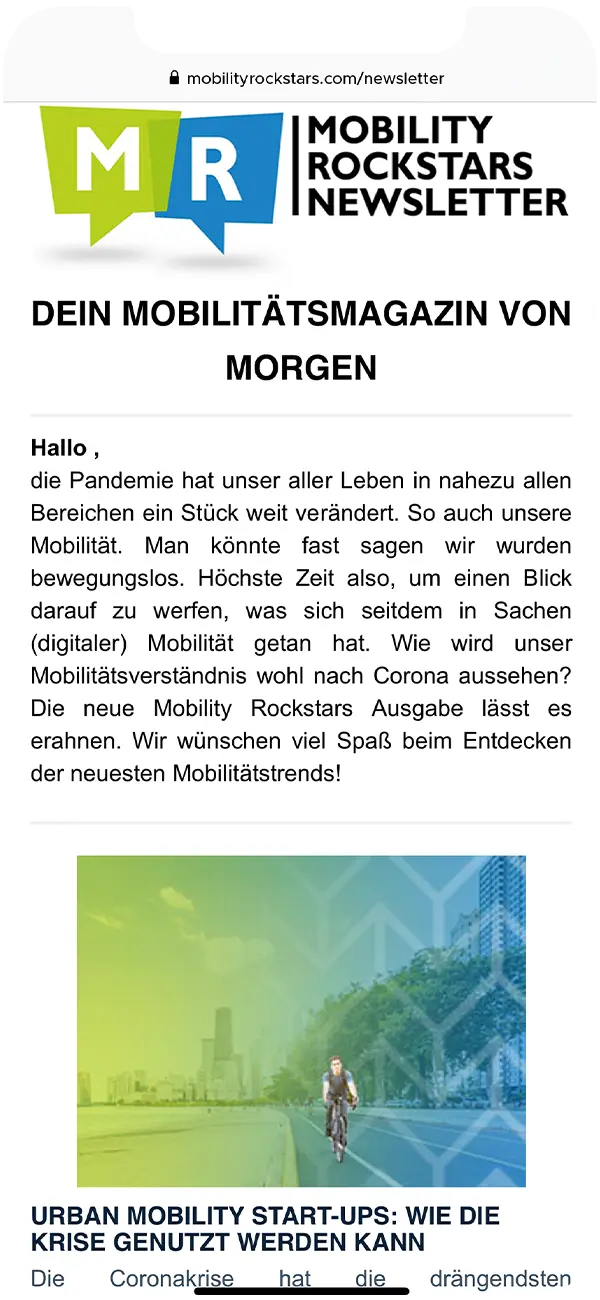4.1 billion AI-decissions a day for digital insurance
How insurers in europe can finally go digital when it comes to insuring cars.
An interview with Sten Forseke, founder of Greater Than
An artificial intelligence that tells car insurers who is going to cause claims and to what costs? Managing risks in real-time? With more than 17 years of experience and 4.1 billion AI-decisions a day up their sleeves, Stockholm based tech-startup Greater Than claims exactly that. Impressive interview with founder Sten Forseke.
Hi Sten. Let’s jump right in. Digital car insurance has been around for years now. In Germany and other countries, however, no significant business could be built with it – why is that? Is it just privacy concerns?
There are a number of reasons why digital car insurance never came to fly. And I am not surprised at all, as the value isn’t there, neither for the insurer nor for the buyer.
- First of all, the cost of the technology is far too high. And I mean far far too high.
- Secondly, from a consumer perspective, it is now evident, that people don’t see the value in a possible discount after a few months, that depends on how many times you slammed the brakes.
- Thirdly, from an insurers perspective, since traditional driver rankings based on harsh brake/acceleration etc. and don’t correlate to claims, they end up paying discounts for no return at all.
- Fourth, from both stakeholders perspective, the onboard hardware, the OBD dongle, has been a real conversion killer. The hardware is a logistical hassle. A cost driver and a mental barrier for the end user.
To put it short, no value, no financial benefits and privacy concerns are a very big hurdle.
What is unique with GTs offering?
Our AI predicts claims frequency and cost in real-time per individual driver. That is incredibly unique. Specifically there are three things, that strongly differentiate us from the competition.
- Traditional telematics rank drivers based on events, such as speeding and harsh braking. Our AI is trained for over 17 years with real accidents to identify driving patterns, that are involved in a claim. This means that our AI tells, who is going to cause claims and to what costs.
- Onboarding is vital to convert anyone into a digital customer. With our unique one-click, one-time onboarding using our App2Car-Solution customer acquisition and retention is made seamless.
- With 17 years of experience and lessons learned, we know what flies and what doesn’t, when it comes down to digital motor insurance offerings. Hence, our focus on tangible consumer value isn’t based on discounts but on a solid return-on-invest for the insurers. Those values are appreciated across the globe.
Why is AI suitable for insurance underwriting?
Artificial Intelligence is a perfect tool to help with quantitated analytical processes. Understanding and predicting risk requires enormous computing capacity. Our AI currently takes over 4,1 billion decisions a day. That is 150 times more than what 10,000 actuaries could process in one day.
We will see many new models of mobility in the future. This includes not only sharing, but also car flat rates with interchangeable models, etc. What influence does an AI-based determination of the insurance classes have here?
That’s right, new models hit the market continuously and some of them will really appeal to large masses of consumers. The problem our AI solves for such models is not only insurance classes, but it makes the entire model fly! When a provider offers for example a flat rate car subscription, 20% of the customers using this service will ruin the financials, as they don’t care about the car or abuse the model in the worst case. The same problem car rental services have been facing for years, completely hurting their rental fees. AI will change all that and help to control the risk in real-time, enabling the provider to manage and mitigate risks. This means that good behavior is encouraged and inspired.
You claim that AI decisions do not involve prejudice. Now the decision of an AI is unfortunately anything but transparent – isn’t that the bigger problem? Both for understanding the driver and for the insurer’s explanations?
A single AI decision is hard to explain and can’t be transparent. But this is the same with a human decision – not really transparent and hard to explain. However, the result of all AI decisions brought together are transparent, non-biased and easy to explain, in our case. It may be hard to digest but easy to understand. Same with any new tech in DNA testing for example. Results are easy to understand but sometime hard to digest. If your DNA test tells you that you are likely to develop diabetes, that is easy to understand but hard to digest.
In Europe there are only a few successful tech startups compared to China or the US. From your own experience, what would you like to see coming from the EU to bring the development location forward? What do we have to do to catch up again?
Greater Than is awarded for its AI innovation, primarily from US based organizations, proving that EU businesses can deliver. I am a serial entrepreneur and has been operating on several continents under vastly different conditions. There are advantages and disadvantages all over the place, but I find EUs business climate to be pretty encouraging. More specifically, when it comes down to AI ventures, I am not sure we are that much behind US or China.
What do you envision for GT in five years time?
We will do for motor insurance underwriting what Bloomberg did for the financial markets.
4.09.20



